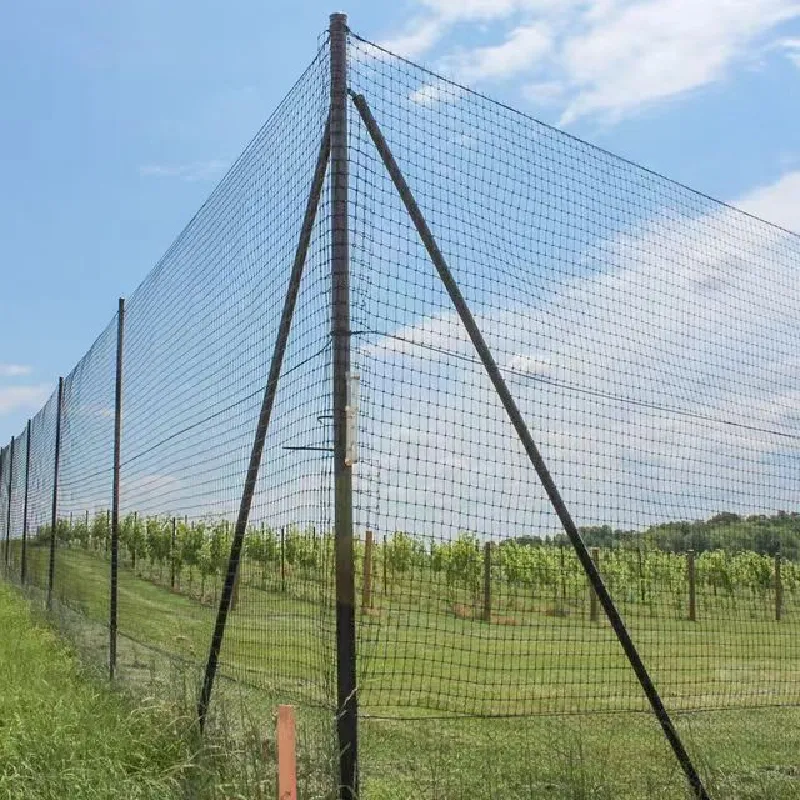-
 Afrikaans
Afrikaans -
 Albanian
Albanian -
 Amharic
Amharic -
 Arabic
Arabic -
 Armenian
Armenian -
 Azerbaijani
Azerbaijani -
 Basque
Basque -
 Belarusian
Belarusian -
 Bengali
Bengali -
 Bosnian
Bosnian -
 Bulgarian
Bulgarian -
 Catalan
Catalan -
 Cebuano
Cebuano -
 China
China -
 Corsican
Corsican -
 Croatian
Croatian -
 Czech
Czech -
 Danish
Danish -
 Dutch
Dutch -
 English
English -
 Esperanto
Esperanto -
 Estonian
Estonian -
 Finnish
Finnish -
 French
French -
 Frisian
Frisian -
 Galician
Galician -
 Georgian
Georgian -
 German
German -
 Greek
Greek -
 Gujarati
Gujarati -
 Haitian Creole
Haitian Creole -
 hausa
hausa -
 hawaiian
hawaiian -
 Hebrew
Hebrew -
 Hindi
Hindi -
 Miao
Miao -
 Hungarian
Hungarian -
 Icelandic
Icelandic -
 igbo
igbo -
 Indonesian
Indonesian -
 irish
irish -
 Italian
Italian -
 Japanese
Japanese -
 Javanese
Javanese -
 Kannada
Kannada -
 kazakh
kazakh -
 Khmer
Khmer -
 Rwandese
Rwandese -
 Korean
Korean -
 Kurdish
Kurdish -
 Kyrgyz
Kyrgyz -
 Lao
Lao -
 Latin
Latin -
 Latvian
Latvian -
 Lithuanian
Lithuanian -
 Luxembourgish
Luxembourgish -
 Macedonian
Macedonian -
 Malgashi
Malgashi -
 Malay
Malay -
 Malayalam
Malayalam -
 Maltese
Maltese -
 Maori
Maori -
 Marathi
Marathi -
 Mongolian
Mongolian -
 Myanmar
Myanmar -
 Nepali
Nepali -
 Norwegian
Norwegian -
 Norwegian
Norwegian -
 Occitan
Occitan -
 Pashto
Pashto -
 Persian
Persian -
 Polish
Polish -
 Portuguese
Portuguese -
 Punjabi
Punjabi -
 Romanian
Romanian -
 Russian
Russian -
 Samoan
Samoan -
 Scottish Gaelic
Scottish Gaelic -
 Serbian
Serbian -
 Sesotho
Sesotho -
 Shona
Shona -
 Sindhi
Sindhi -
 Sinhala
Sinhala -
 Slovak
Slovak -
 Slovenian
Slovenian -
 Somali
Somali -
 Spanish
Spanish -
 Sundanese
Sundanese -
 Swahili
Swahili -
 Swedish
Swedish -
 Tagalog
Tagalog -
 Tajik
Tajik -
 Tamil
Tamil -
 Tatar
Tatar -
 Telugu
Telugu -
 Thai
Thai -
 Turkish
Turkish -
 Turkmen
Turkmen -
 Ukrainian
Ukrainian -
 Urdu
Urdu -
 Uighur
Uighur -
 Uzbek
Uzbek -
 Vietnamese
Vietnamese -
 Welsh
Welsh -
 Bantu
Bantu -
 Yiddish
Yiddish -
 Yoruba
Yoruba -
 Zulu
Zulu
Effective Solutions for Protecting Vineyards with Netting Techniques and Strategies for Optimal Crop Yield
The Importance of Vineyard Netting in Modern Agriculture
In the world of viticulture, where the quality of grapes is paramount, vineyard netting has emerged as an essential practice for protecting crops from various threats. This agricultural technique involves the use of nets—often made from polyethylene or nylon—to cover grapevines and safeguard them against birds, insects, and adverse weather conditions. As the demand for high-quality wine continues to rise, vineyard netting has become increasingly significant in ensuring both yield and quality.
Protecting from Pests and Wildlife
One of the primary reasons vineyard owners employ netting is to protect their vines from birds and other wildlife that are attracted to the ripening grapes. Birds, such as starlings and finches, can cause substantial damage, consuming large quantities of fruit and leaving the vineyard owner with reduced harvests. In some cases, these pests can decimate entire crops, leading to significant financial losses. By installing nets, vineyard owners can create a barrier that deters birds, allowing the fruit to mature without interference. This is particularly critical during the harvest season when grapes are most susceptible to being eaten.
Furthermore, vineyard netting can also protect crops from insect infestations. Certain insects, like aphids and fruit flies, can carry diseases that affect the plants and compromise the quality of the grapes. By covering the vines with mesh nets, vineyard managers can create a physical barrier that reduces the likelihood of these pests reaching the grapes, thereby helping to maintain a healthy vineyard ecosystem.
Weather Protection
vineyard netting

In addition to pest control, vineyard netting provides significant benefits in terms of weather protection. Grapes are sensitive to extreme weather conditions, including intense sunlight, heavy rains, and strong winds. High temperatures can lead to sunburned grapes, while excessive rain can cause splitting or fungal diseases. By utilizing shading nets, vineyard managers can mitigate the effects of harsh sunlight, creating a more favorable growing environment. This can result in improved grape quality, leading to better flavor profiles and ultimately superior wine.
Moreover, nets also shield vines from hail, which can cause irreparable damage to grape clusters. The financial implications of losing an entire harvest to a hailstorm can be devastating for vineyard owners. By investing in netting systems, they can significantly reduce the risk of such losses, preserving their investment and ensuring continued production for years to come.
Sustainability and Eco-Friendliness
Another important aspect of vineyard netting is its potential contribution to sustainable agriculture. By minimizing the need for chemical pesticides and herbicides, vineyard netting promotes a more eco-friendly approach to viticulture. Many vineyard owners are now focused on sustainability and reducing their environmental impact. The use of nets can decrease reliance on chemical treatments, as they create a physical barrier against pests, thereby promoting healthier ecosystems within vineyards.
Conclusion
In conclusion, vineyard netting is a crucial tool in modern viticulture that offers numerous benefits. From protecting grapes against birds and pests to shielding them from adverse weather conditions, the use of nets ensures higher yields and better quality fruit. Moreover, in an era where sustainability is becoming increasingly important, vineyard netting supports eco-friendly farming practices by reducing the reliance on chemicals. As the wine industry continues to evolve, vineyard netting will undoubtedly play a vital role in enhancing grape production and preserving the quality that wine enthusiasts around the world cherish. The investment in proper netting systems is not just a precaution; it is a commitment to excellence in viticulture.
-
Shipping Plastic Bags for Every NeedNewsJul.24,2025
-
Safety Netting: Your Shield in ConstructionNewsJul.24,2025
-
Plastic Mesh Netting for Everyday UseNewsJul.24,2025
-
Nylon Netting for Every UseNewsJul.24,2025
-
Mesh Breeder Box for Fish TanksNewsJul.24,2025
-
Expanded Steel Mesh Offers Durable VersatilityNewsJul.24,2025











